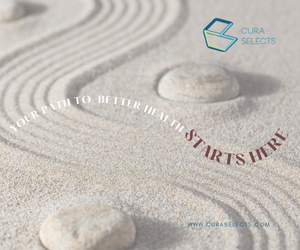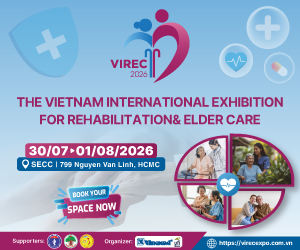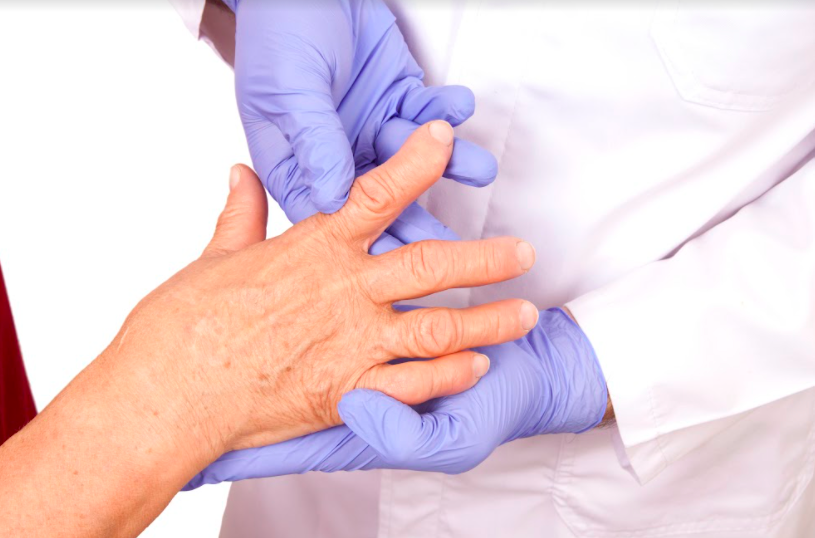Gambling can be a fun activity for many people, but for some, it can quickly become a problem that harms finances, relationships, and mental health. If you or someone you know is facing a gambling issue, it is important to recognize the signs early and take steps to regain control. Here are some simple strategies that can help reduce gambling addiction and support recovery.
Follow us on our WhatsApp channel for the latest updates: https://bit.ly/AsiaMDWhatsAppEN
These Signs Indicate Your Gambling is a Problem
- Money Troubles: Betting more than you can afford or trying to win back lost money.
- Time Problems: Spending excessive time gambling, neglecting work, relationships, and other priorities.
- Relationship Strains: Dishonesty, secrecy, or stress from gambling affecting relationships.
- Emotional Ups and Downs: Feeling guilty, anxious, or sad because of gambling.
If any of this sounds familiar, it might be time to try some strategies for getting back on track.
10 Strategies to Help with Harmful Gambling
-
- Acknowledge the Problem: The first step of change is admitting you have a gambling problem. Recognizing how it affects your life and taking responsibility is key to starting your recovery journey.
- Understand Triggers and Emotions: Gambling is often triggered by emotions like sadness, anxiety, or boredom. Keeping a journal to track when and where you feel the urge can help you manage cravings and understand the emotions or situations behind them.
- Stay Away from Temptation: Removing yourself from environments that tempt you to gamble is key. Stay away from casinos, online gambling sites, and even social media ads that encourage gambling. The less exposure you have, the easier it will be to resist temptation.
- Identify & Challenge Irrational Beliefs: Many gamblers hold irrational beliefs, like the illusion of control (e.g., thinking you can roll a dice better by throwing it a certain way) or the gambler’s fallacy (e.g., thinking a coin will land on heads next after several tails). Challenge these beliefs by remembering outcomes are random and beyond control. No strategy will change the result, and gambling is not a solution to life’s challenges.
- Delay the Urge: When you feel the urge to gamble, take a pause like count to 100, or do something calming, like taking deep breaths or going for a walk. Often, the urge to gamble will pass after a short delay, and you will be able to think more clearly about the negative consequences of giving in.
- Reflect on the Benefits of Quitting: Reflect on how gambling has hurt you financially and emotionally. Consider and note down the benefits of quitting, like better finances and improved relationships.
- Find Alternatives: If gambling provides excitement or relief, try healthier alternatives like running, painting, or writing. Volunteering is also rewarding. These alternatives can keep your mind occupied and reduce the desire to gamble.
- Take Charge of Your Money: Limit access to cash by canceling credit cards and carrying only a small amount of money. Some places offer programs to exclude yourself from gambling venues or online sites, making it harder to gamble impulsively.
- Practice Gratitude: Keeping a gratitude journal to list things you are thankful for can redirect focus from gambling to the good in your life. This habit boosts mood, builds self-esteem, and reinforces recovery, helping to overcome the negative emotions that may have triggered gambling behavior.
- Seek Support from Others: Recovery from gambling addiction is not a solo journey. Sharing struggles with trusted friends, family, or support groups helps significantly. Joining organizations like Gamblers Anonymous connects you with others who understand your challenges. A strong support network offers encouragement, guidance, and accountability, making recovery more manageable and effective.
When to Get Professional Help
If you have tried to stop gambling but are unsuccessful, or feel an uncontrollable urge despite negative consequences, it may be a sign of gambling addiction needing professional help. Gambling addiction is serious but treatable.
Proven Treatments for Gambling Addiction:
- Psychotherapy: Cognitive Behavioral Therapy (CBT) helps you understand and change the thoughts and behaviors that lead to gambling, while Motivational Interviewing (MI) helps to boost your motivation to change. During therapy, you will learn how to control stimuli and develop healthy coping strategies. Setbacks can happen and are part of the recovery process.
- Medications: Medications like naltrexone, antidepressants, and mood stabilizers can help manage the urge to gamble and treat co-occurring mental health issues.
- Brain Stimulation: Transcranial Magnetic Stimulation (TMS) can help improve your decision-making skills and reduce cravings.
This article was produced solely for the purpose of healthcare and medical knowledge. Not all innovations are available or approved for clinical use. AsiaMD may receive financial or non-financial sponsorship from the companies or institutions involved in these innovations. However, AsiaMD does not endorse any specific product or services in the article, in addition to the Terms and Conditions for the use of our AsiaMD.com website. Please consult your healthcare professional if you need more information.























